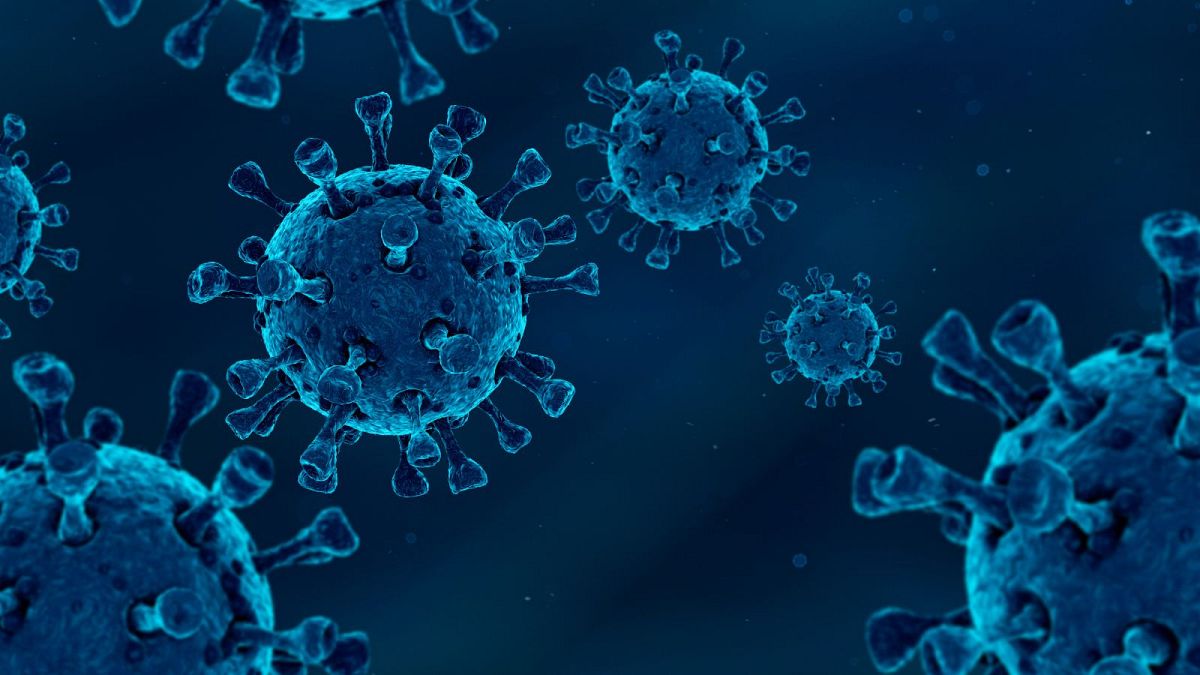Researchers infected 36 people with the virus that causes COVID-19 to understand why some people seem to evade the virus. The answer was in their immune system. New research has looked at why some people do not get sick from COVID-19 by deliberately infecting a small number of healthy individuals under highly controlled settings.
Researchers administered the virus to 36 healthy adult volunteers without a previous history of COVID-19 through the nose. They looked at the study participants’ cells from their noses and blood and published their findings in the journal . Then, they used a technology called single-cell sequencing to look at the genetic information (DNA and RNA) of individual cells.

“This was an incredibly unique opportunity to see what immune responses look like when encountering a new pathogen – in adults with no prior history of COVID-19, in a setting where factors such as time of infection and comorbidities could be controlled,” Dr Rik Lindeboom, co-first author of the study from the Netherlands Cancer Institute, said in a statement. Individuals who quickly eliminated the virus did not display a typical widespread immune response. Instead, they showed subtle immune responses.
High levels of activity of a gene called HLA-DQA2 before exposure could have helped these participants to prevent a prolonged infection, the researchers said. Conversely, six individuals who developed a prolonged infection had a rapid immune response in their blood but a slower one .























